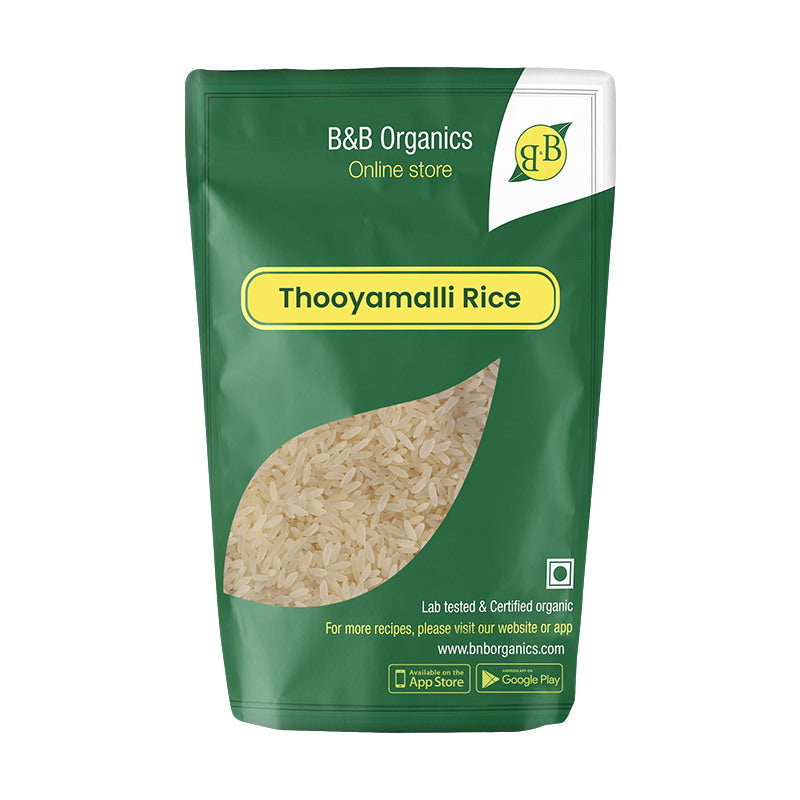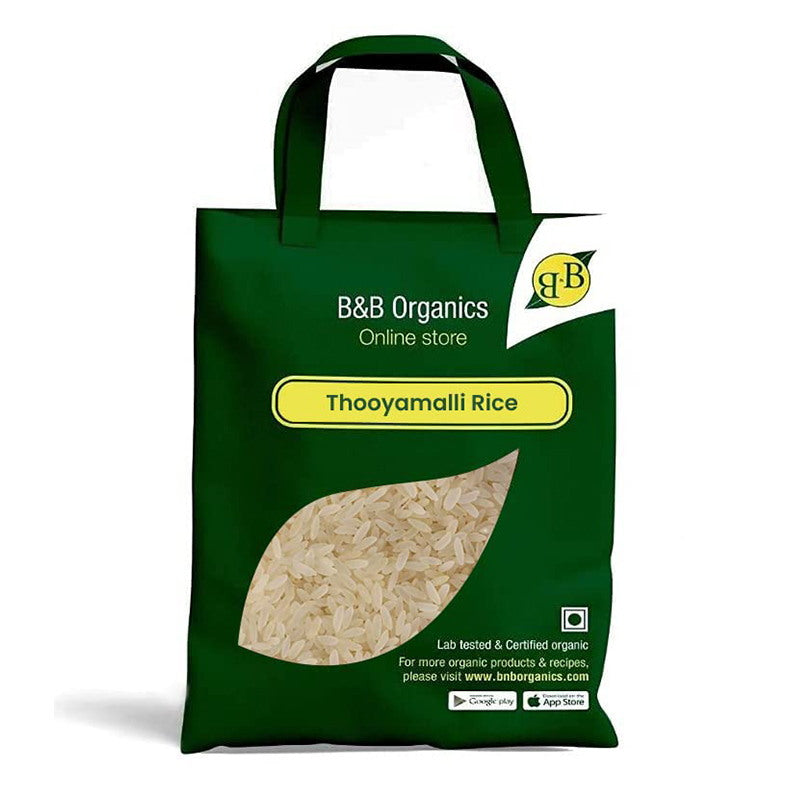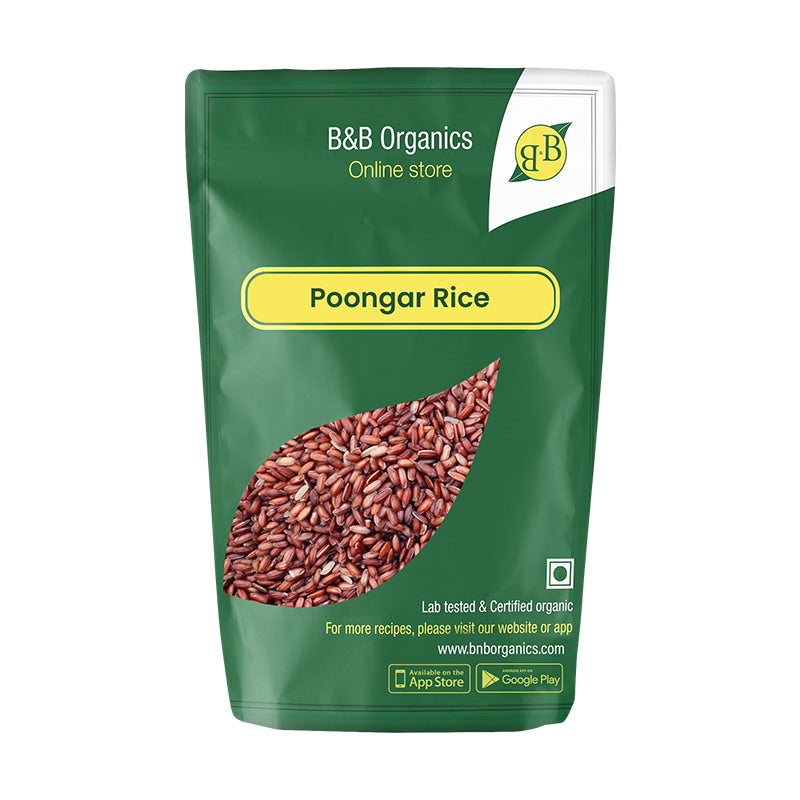Coconut sugar is becoming more and more popular, in contrast to the plethora of coconut oil and grated coconut. Because of its origins, coconut sugar is also referred to as coconut palm sugar. Coconut sugar is produced from the juice of the coconut tree. It is made by plucking a flower from the tree and letting the nectar flow into containers. The water is then vaporised out of the sap by warming it. Brown sugar-like grains that are rough and brown are the final result.

While it has always been well-liked in Asian nations, it appears to be a standard in kitchens all over the nation. Read on to learn why.
Which should you use, coconut sugar or sugar?
It's not polished. Coconut sugar does not include any chemical additives or preservatives, in contrast to white refined sugar. Additionally, it has not undergone any kind of harsh chemicals.
Its glycemic index is low. Do you ever collapse after eating too many carbohydrates? Why? Because the sugar in your food triggered a rise in your blood glucose. It is tightly linked to the food's gi, which evaluates how carbs impact a person's blood glucose levels. Due to a dietary fibre called inulin, that halts how rapidly your body takes glucose, coconut sugar has a low GI.
The benefits of utilising coconut sugar include:
Steady energy:
Consuming foods with a low GI also improves your chance of having greater energy during the day. Everybody has felt the afternoon slump while trying to complete their tasks. The peaks and troughs in our blood sugar produced by the foods we consume have a lot to do with it. Low gi foods maintain our levels of

blood sugar in check, providing us more energy to face our workload with aplomb.
Nutrient-dense:
White sugar doesn't add any nutrient benefit to your food, thus it is essentially simply calories with no benefit. Coconut sugar has the same number of calories as normal sugar, yet it also has tiny amounts of vital nutrients like iron, zinc, potassium, and calcium.
Prevent excess weight:
Also, coconut sugar is handled differently by your body as it has significantly less fructose than refined sugar. Triglycerides, which are fat accumulation, are normally made when fructose is eaten. As there is very little sugar available, it will take much longer.
As compared to its alternatives, coconut sugar is healthier overall:
Coconut sugar offers a variety of nutritional benefits, as you'll notice. Even so, sugar must always be utilised in proportion. For every tsp of table sugar you might usually use in your coffee, you could use one teaspoon of coconut sugar if you do make the switch. This is regarded as a one-to-one proportion.
